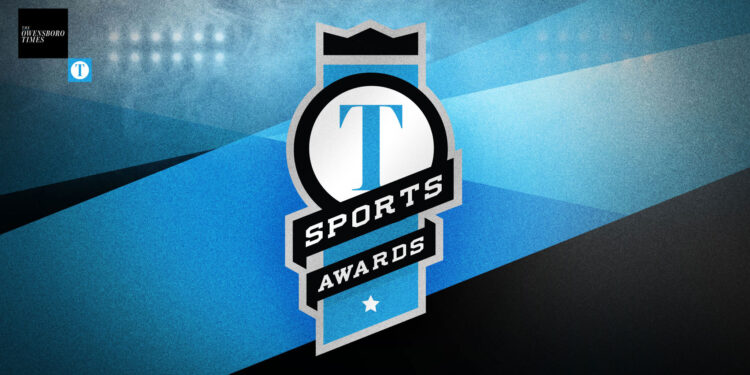Candace Olusola had one question for her hometown as the keynote speaker for Martin Luther King Jr. Day: What side are people on for equality?
When preparing the speech, she said she wanted to recall her experiences growing up in Owensboro as a young Black girl and the different seasons that came with it.
“I really wanted to share with my community, without making it seem like I was attacking the community but just opening the eyes of the community in ways that I didn’t know how to articulate as a kid. Now, as an adult, I appreciate the challenges I had to face,” Olusola said.
She noted being an immigrant daughter to a Nigerian father and a Grenadian mother with two brothers, her family was quickly listed as “an Olusola kid,” which she knew was code for “smart, Black children.”
Through all the experiences she and her brothers had in different extracurriculars, she knew her future was endless with possibilities. Olusola knew she was on the side of hope for her future while facing discrimination.
“I tried to be inclusive meanwhile also experiencing unbeknownst to my family and friends fully driven my racism, colorism and classism due to the blackness of my skin and the backdrop of the whiteness of my community,” Olusola said.
Nonetheless, she said she was motivated by King’s leadership toward hope even when he didn’t know himself.
Much like King said, Olusola said that hope and change aren’t as clear of a path at times and that efforts can seem like they don’t have an end goal, and she appreciated that King emphasized that numerous times along the way.
“Sometimes, he can only see maybe a couple of steps in front of him. But that was enough for him to see if maybe if I take this step, there will be another step illuminated in the right direction,” Olusola said. “… Sometimes it’s hazy. Sometimes it looks like the lights went out. Sometimes, I’m just going on faith that I’m stepping and not about to fall off a cliff. He modeled that so well.”
While things are unclear, she said she agrees with King’s statement in “A Letter from Birmingham Jail” that the biggest stumbling block that faces freedom and equality is a person who prefers peace rather than justice.
So the next step is first making the change lead with love and inclusion. She recalled one person from Owensboro who showcased the love she hoped all would be able to give to others.
Eva’s childhood best friend had a grandmother whom she affectionately called Mamaw. With her age, Olusola said she had lived during the civil rights movement and “knew which side she would stand on.”
“She [reminded] me, Candace, I don’t care what color you are. You’re one of mine. This is why I’m speaking with you today,” Olusola said.
With this in mind, she charges everyone to practice S.I.D.E.: Self, Inclusion, Diversity, and Equity. She said that by using this method, people are able to seek more to understand and empathize with others rather than the opposite.
Leading those four skills with love, she said, coincides both with King and God’s goals for the future.
“If we are image bearers of love, then it’s important for us to remember that, and I strongly believe that God says to love one another and brotherly love and honor one another above yourselves. There’s so much self-sacrifice in that simple statement,” Olusola said.



